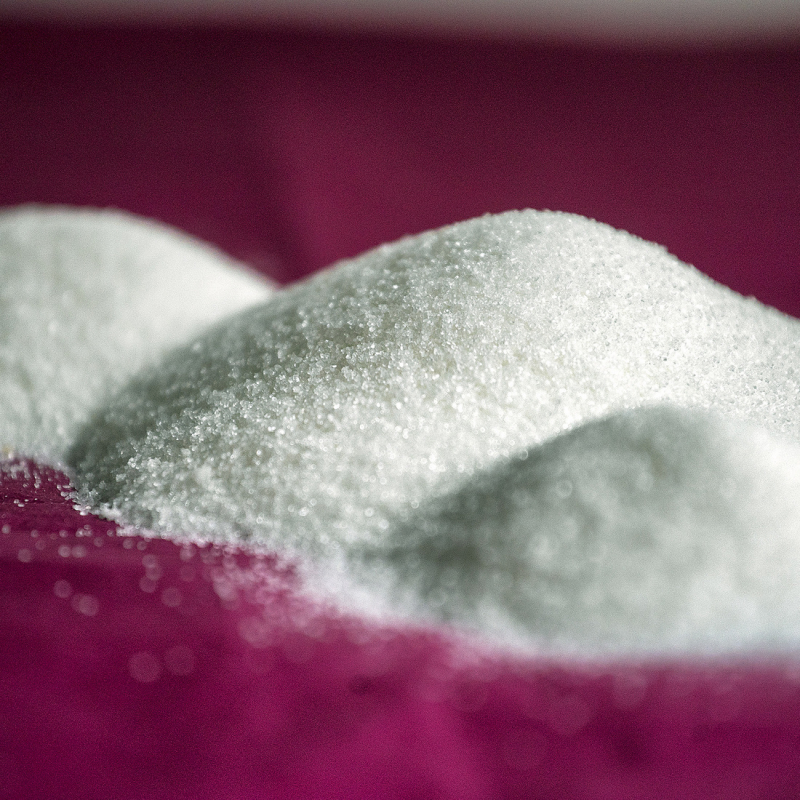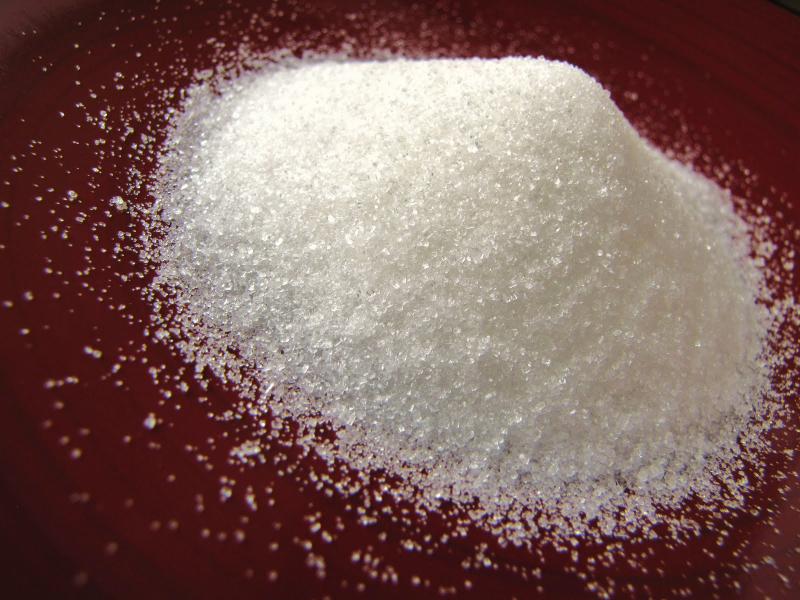Sugar
While the necessity of rationing meat and petroleum for the war effort appears evident, sugar is more difficult to comprehend in isolation. Was that much sugar really necessary for the military? Sugar rationing throughout the war was not due to the need to provide the troops with food energy, though it was undoubtedly vital.
Because of Japan's war on the Philippines, the US was cut off from its main supplier of sugar. Sugar was not produced in vast quantities in the US, nor is sugarcane grown there as a staple crop. The sugar-transporting equipment was required for the war effort. Shipments dropped by up to 50% as cargo ships were redirected to other purposes. Even yet, much less sugar was still making its way to America.
In both the US and Canada, sugar was the first item to be rationed during the war. When it came to an end, it was the last item to be removed. Rations once dropped to 15 pounds annually. When baking and preserving were popular and encouraged, adults were using one cup every week. Sugar traffickers risked losing their ability to make anything with the commodity if they were discovered and black market dealers were subject to harsh punishments.












